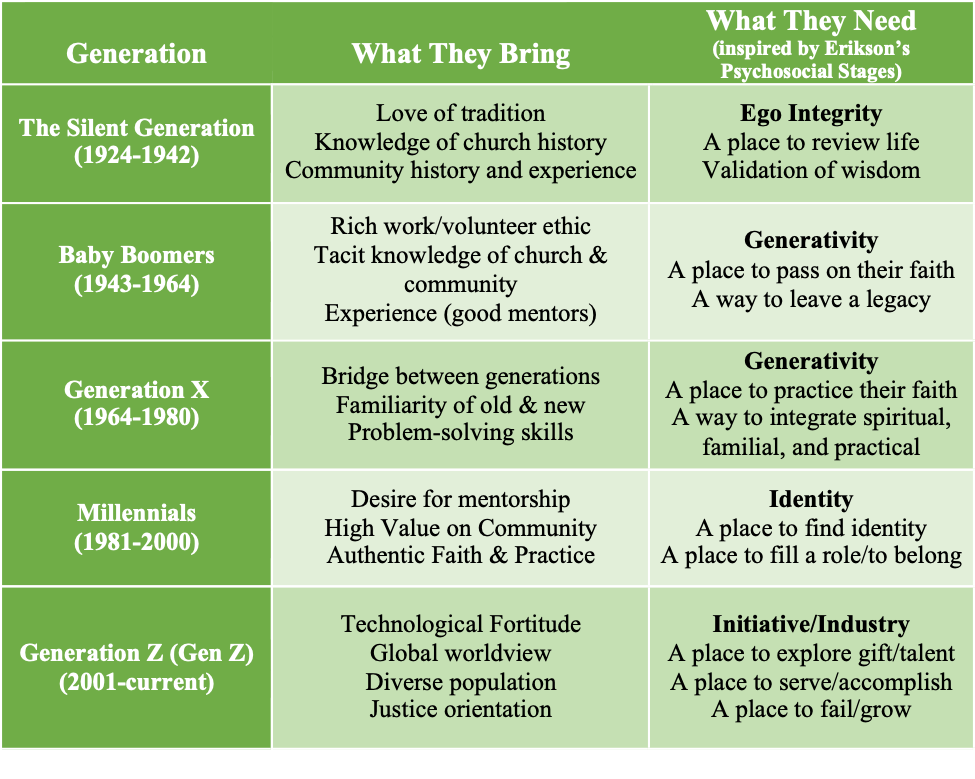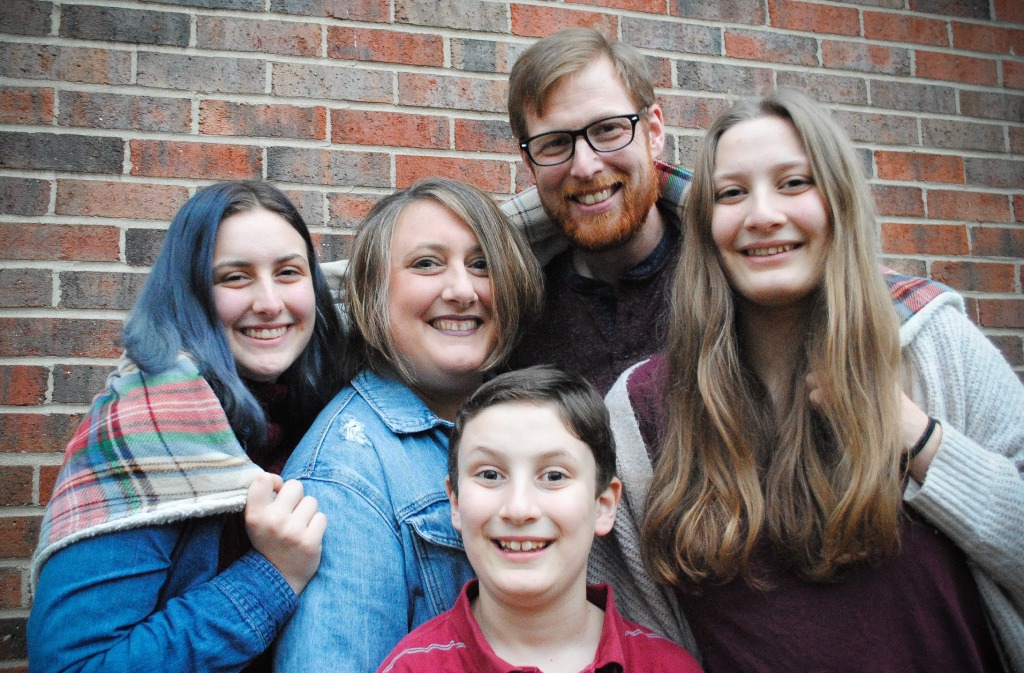Last year, I had the opportunity to write an article for a theological journal. The writing of this article took place during the seventh week of social distancing in my state. It had been nearly two months since churches had gathered in person; two months since halls had been walked, sanctuaries had been filled, and Sunday school rooms had been bustling. Over those two months, many of us heard or even uttered the words, “I miss my church.” And by “I miss my church,” what we really meant was that we miss the people that belong to our community of faith; very few of us missed a building – we missed each other.

Not a lot has changed as of September 2021. I am hearing much the same sentiment across the globe. In some places, it’s because we are still not able to gather in our buildings. In some cases, it’s because when our buildings re-opened not everyone came back, for one reason or another. In any case, we are feeling the reality of missing our community.
It has become apparent over this season that relationships and gathered community are essential to our spiritual walk and faith formation. In her book Living Into Community: Cultivating Practices that Sustain Us, Dr. Christine Pohl reminds us that, “Human beings were made for living in community and it is in community that we flourish and become most fully human.” Similarly, Christians were made for living in the community of the church and it is in that gathered community that we flourish and become most fully Christian for Christ is in the midst of those gathered in His name (Matthew 18:20).
Community is something that we must continually work towards because barriers to community are swift to arise.
Tweet
These barriers can be detrimental to the creation and maintenance of the type of community that sustains us both physically and spiritually. One such barrier that has grown in both society and the church is that of the “generational gap”. The generational gap is defined as “the perceived difference of opinions between one generation and another regarding beliefs, politics, or values.” This perceived difference has had a deep impact on how our society functions and the structures that have been put in place along generational lines.
Research has found that age is becoming more and more of a dividing line in our culture. Everything from architecture to technology can be delineated along age-specific lines. But this division in our community has not been good for us and is particularly worrisome for churches because our faith is primarily dependent on generational discipleship; the passing of the faith from one generation to another. If intergenerational interactions and community are limited because of the structures described above, how can “One generation commend (God’s) works to another” (Ps 145:4)?
This question has become one of increasing significance over the past decade, especially as the representation of rising generations has decreased within the American church. In order for a church to address the need for generational connectivity within their faith community, the following questions must be answered: What does each generation need from the church and what can each generation contribute to the church?
There are no easy answers to these questions, but there are some hints we can find in the work of developmental theorists who study how we best relate to one another as we grow and mature. The chart below gives some ideas on how generations can be best plugged into their faith community in ways that both bless them and bless others.

How can your church capture these gifts and abilities? Where can space be made that says, “Generation Z, we need you here!” or “Hey Boomer, we value your experience; can you guide us here?” Where can opportunities be offered for Millennials to fill a role the enhances their sense of belonging and the Silent Generation to have a voice? What ways are we giving for Gen X-ers to integrate spiritual practices into the home and Gen Z-ers to put their faith into action by serving their community?
If nothing else, this reflection gives us a place to start in breaking down the barriers that keep us apart and helping us to discover a deeper sense of connectedness, together, all generations, in community. And if you are looking for ways to move forward with this type of intentional gathering together, we’d love to be a part of your journey. Check out the info below for opportunities to explore this together.
Is Your Church READY to Gather Together?
Are you interested in moving your church from a traditional, age-segregated into a more family-focused, intergenerational focus, connecting the home and the church?
Refocus Ministry would be happy to begin a conversation with your team and church about the how your church can grow in serving the families of your church and community and connecting your faith community in relationship with each other.
Ongoing coaching through various means is also available as your church continues the transition including weekly emails, monthly on-line trainings, and continued conversations. In addition to one-on-one coaching calls and follow-up resources, the following large-group presentations can be made available to your team, pastoral staff, or congregation.
Options to choose from for these presentations include:
- Presenting on a Sunday morning to your worship service(s)
- A parent webinar on Everyday Discipleship and partnering with the church community
- A presentation on Connecting Generations (importance, need, Biblical foundation) for your leadership team
- A training on a specific area of ministry such as Family VBS, Partnering with Parents, Equipping Volunteers, Creating an Intergenerational Culture for your ministry or leadership team.
- OTHER – We will work to create a presentation that best suits your community’s needs
Use the contact form below to receive a customized quote for your congregations needs. We look forward to journeying with you to make Psalm 145, one generation to another, part of our church’s DNA.
For more information about…
- Kids in Worship
- Determining which Type of Family Ministry model works best for your church
- Discipleship in Intergenerational community
- Encouraging the continued conversation through Practical Discipleship at Home
- Seminars, Workshops, Coaching
Check out to ReFocus Ministry or “like” our Facebook page. Join our conversation at theReFocus Family and Intergen Ministry group on Facebook.
About ReFocus
Refocus Ministry was started by Christina Embree who serves as the Minister of Generational Discipleship with the Great Lakes Conference of the Brethren in Christ. She is also wife to Pastor Luke, mom to three wonderful kids, and pastor at Plowshares BIC.
With years of experience in family ministry and children’s ministry, she is passionate about seeing churches partnering with families to encourage faith formation at home and equipping parents to disciple their kids in the faith. She holds a Masters of Arts in Ministry focusing on Family, Youth and Children’s Ministry and is completing a Doctorate of Ministry in Spiritual Formation at Wesley Seminary, she also blogs at www.refocusministry.org and is a contributing blogger at D6 Family, ChurchLeaders.com, and Seedbed.
The advertisements on this page are chose by the web host and do not necessarily reflect the views of ReFocus Ministry.


